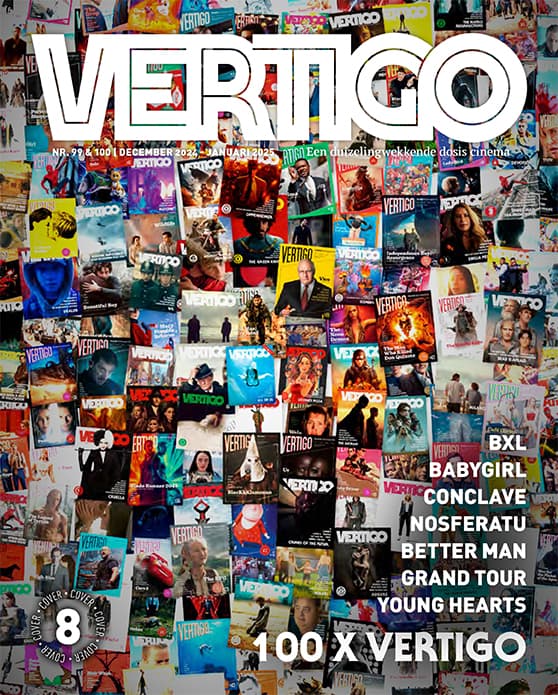05.10.2019
Richard Linklater reageert op ongelijke verloning-controverse Before-trilogie
Actrice Julie Delpy onthulde onlangs dat ze pas voor het derde deel in de Before-trilogie evenveel betaald werd als haar tegenspeler Ethan Hawke.
Voor Before Sunrise kreeg ze ongeveer een tiende van zijn salaris en voor Before Sunset de helft. Uiteindelijk weigerde ze mee te spelen in Before Midnight tenzij ze gelijk verloond werd.
“Gelijke verloning is een groot probleem in onze maatschappij,” reageert Richard Linklater, de regisseur van het drieluik. “Elke werk- en wetgever zou alles in het werk moeten stellen om het op te lossen.”
Hij voegt eraan toe dat niemand veel betaald kreeg voor de Before-films omdat ze zo’n laag budget hadden. Zelfs Hawke zou minder gekregen hebben om erin mee te spelen.
“Lonen worden onderhandeld door managers,” zegt de regisseur. “In 1994 beschouwde niemand het als een onrecht dat Julie, een Franse actrice die nog niet zo bekend was in de VS, minder betaald werd dan Ethan, één van de grootste sterren van zijn generatie die tal van aanbiedingen kreeg.”
“De trilogie zou niet bestaan als Ethan niet had beslist om Before Sunrise te doen voor een fractie van wat hij voor een ander project zou kunnen verdiend hebben,” voegt hij eraan toe.
Lees zijn volledige statement hieronder:
Make no mistake, gender pay inequality is a huge issue in our society and every employer and lawmaker should be doing everything they possibly can to correct flagrant examples of discrimination that should have been resolved a generation or two ago. I’d be surprised if the Before Trilogy will end up qualifying as an example of this in our particular industry though. First off, these films we’ve been so lucky to even get made fall squarely in the indie/low-budget/labor-of-love category. The first two were budgeted at 2.7 million—nobody was getting paid much at all! Salaries are negotiated by agents behind the scenes on behalf of their clients, and Ethan Hawke did get paid a little more than Julie Delpy on the first two of these films. No one involved in the productions considered this an injustice in 1994 because Julie was just getting established in the U.S. while Ethan was one of the biggest stars in his age range, getting offered seemingly every project in the industry. It’s likely the trilogy would not exist if Ethan didn’t choose to come to Vienna that summer and work for a fraction of what he could have been making on another project. That’s Ethan—an artist, not a businessman, a guy who’s turned down millions many times over because he was following his artistic impulses rather than careerist or material ones. He’s made a career of this, time and time again coming aboard indie films for little to no money—it’s really admirable and a great example for performing artists who are serious about their art. There were similar dynamics on the first two films as far as pay goes, but, because our artistic partnership had developed to such a degree, by the time we were making a third, a full 18 years after the first, it was obvious that everyone should be paid the same (again, we’re not talking much money), regardless of industry status. I don’t remember it even being an issue—it was just something we three agreed upon, with no conflict or theatrics. I don’t doubt that Julie was determined to receive equal pay for Before Midnight, I just want to be clear that she did not have to negotiate or demand it and that she was never offered anything less.
How the industry compensates artists is always vulgar and not based on actual WORTH—we all know that. Life isn’t fair, and neither is Hollywood, but it seems that while the most glaring examples of gender pay inequality exist in the more commercial undertakings, it’s up to everyone to do everything they can to demand transparency and this long-overdue equality at whatever level they find themselves.
Bron: IndieWire


